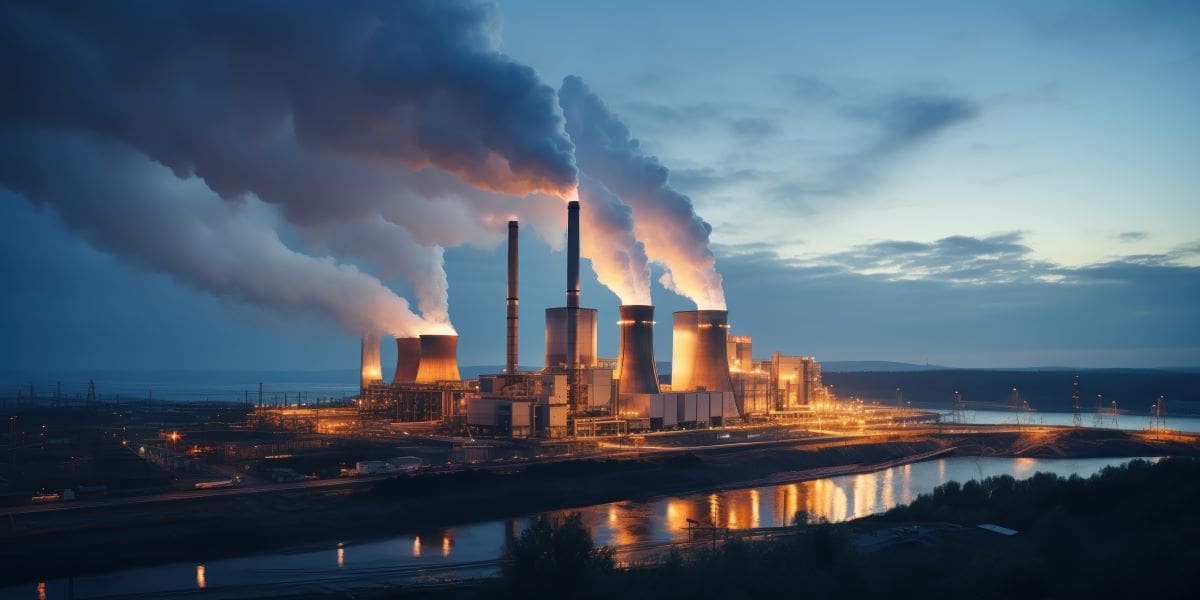A collaborative effort between scientists from the University of Exeter, the Met Office, and Imperial College has yielded a breakthrough in understanding carbon emissions and their relationship to the Paris climate targets. This development promises to provide a more accurate assessment of our progress in curbing global warming.
The Paris Agreement aims to limit global warming to well below 2 degrees Celsius, with an aspirational goal of 1.5 degrees Celsius. However, determining the total carbon emissions compatible with these targets has been challenging.
The recently published study introduces a novel method to calculate these emissions budgets, shedding light on the path to meeting these crucial climate goals.
One key insight from the study is the recognition that global warming trends over short periods, such as the exceptionally warm climate observed in 2023, may not accurately reflect progress towards the Paris targets. Instead, the focus is on the average warming over longer periods, such as a decade or more.
The study builds on a fundamental discovery made by climate scientists over a decade ago: that total carbon dioxide emissions since pre-industrial times overwhelmingly determine global warming. Leveraging this insight, the researchers developed an ‘Emergent Constraint‘ method to estimate the remaining carbon budget compatible with the Paris climate targets.
This approach addresses a significant challenge posed by Earth System Models, which often provide divergent estimates of future global warming for a given amount of carbon emissions. By analyzing data from multiple models, the researchers established a robust relationship between past emissions and observed warming, enabling more precise estimates of future emissions budgets.
The findings offer both encouraging and sobering news. On the positive side, the study suggests that emissions budgets are likely to be larger than previously thought, offering some flexibility in achieving the Paris targets. However, urgent action is still needed to avoid surpassing the 1.5-degree Celsius threshold. If current emission trends continue, we may exceed this critical limit within the next decade.
Co-author Chris Jones of the Met Office highlights the significance of the Emergent Constraint method, noting its ability to incorporate observations and consider various greenhouse gases beyond carbon dioxide. This makes the estimated carbon budget more relevant for policymakers and underscores the need for comprehensive emissions reduction strategies.
Lead author Peter Cox, Director of the Global Systems Institute at the University of Exeter, emphasizes the importance of the study in clarifying the climate challenge ahead. He hopes that these findings will galvanize efforts towards achieving net-zero emissions, emphasizing the urgency of the task at hand.
As the world grapples with the escalating climate crisis, innovative approaches like the one presented in this study offer valuable tools for assessing progress and guiding effective climate action. With concerted global efforts, there remains hope of steering towards a sustainable and resilient future.
Journal Reference:
Cox, P.M., Williamson, M.S., Friedlingstein, P., Jones, C.D. et al. ‘Emergent constraints on carbon budgets as a function of global warming’, Nature Communications 15, 1885 (2024). DOI: 10.1038/s41467-024-46137-7
Article Source:
Press Release/Material by University of Exeter
Featured image credit: nuraghies | Freepik.com




